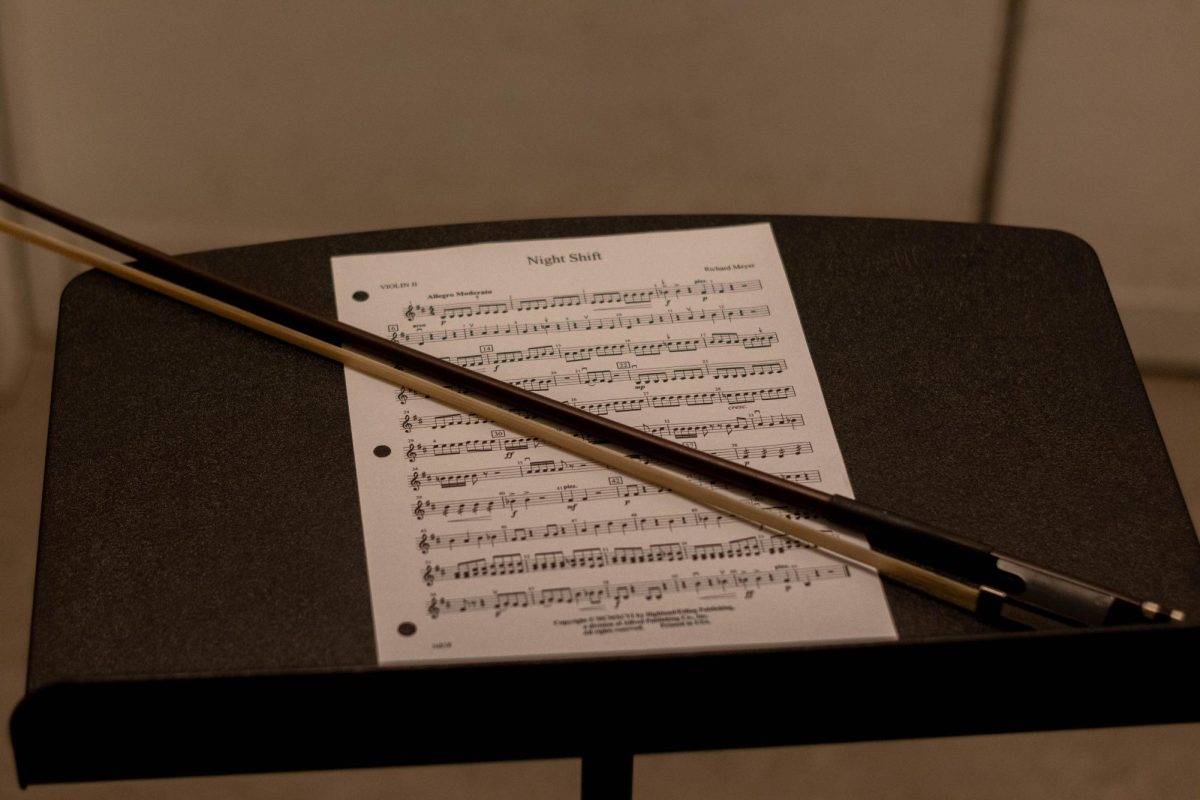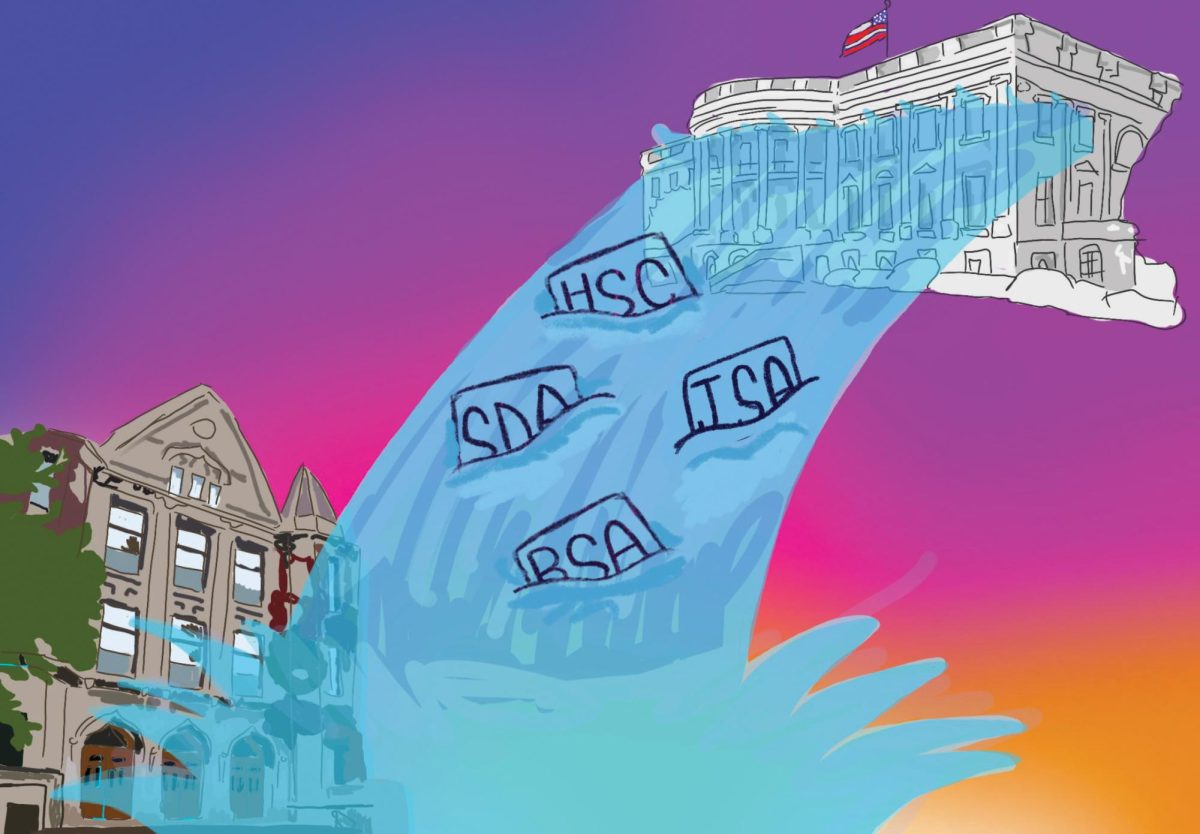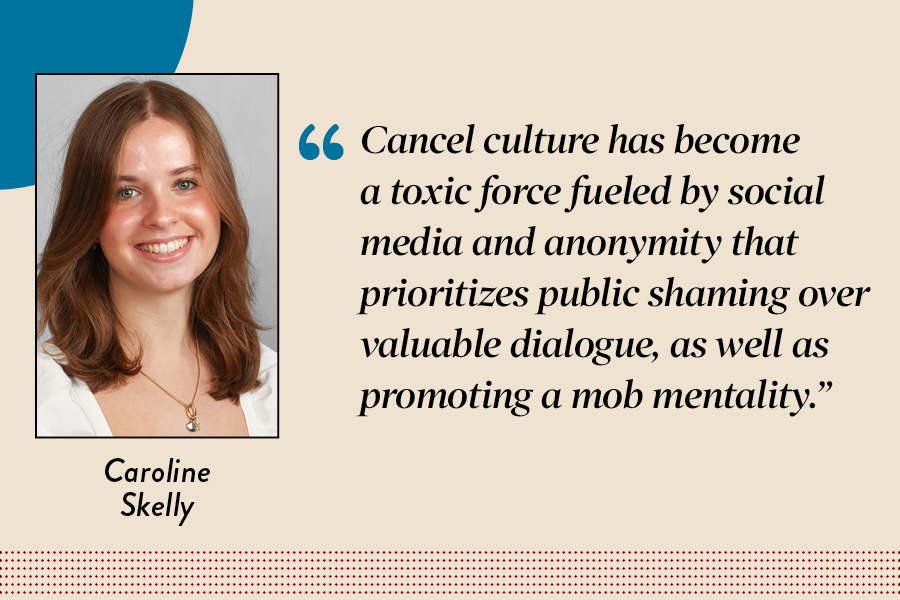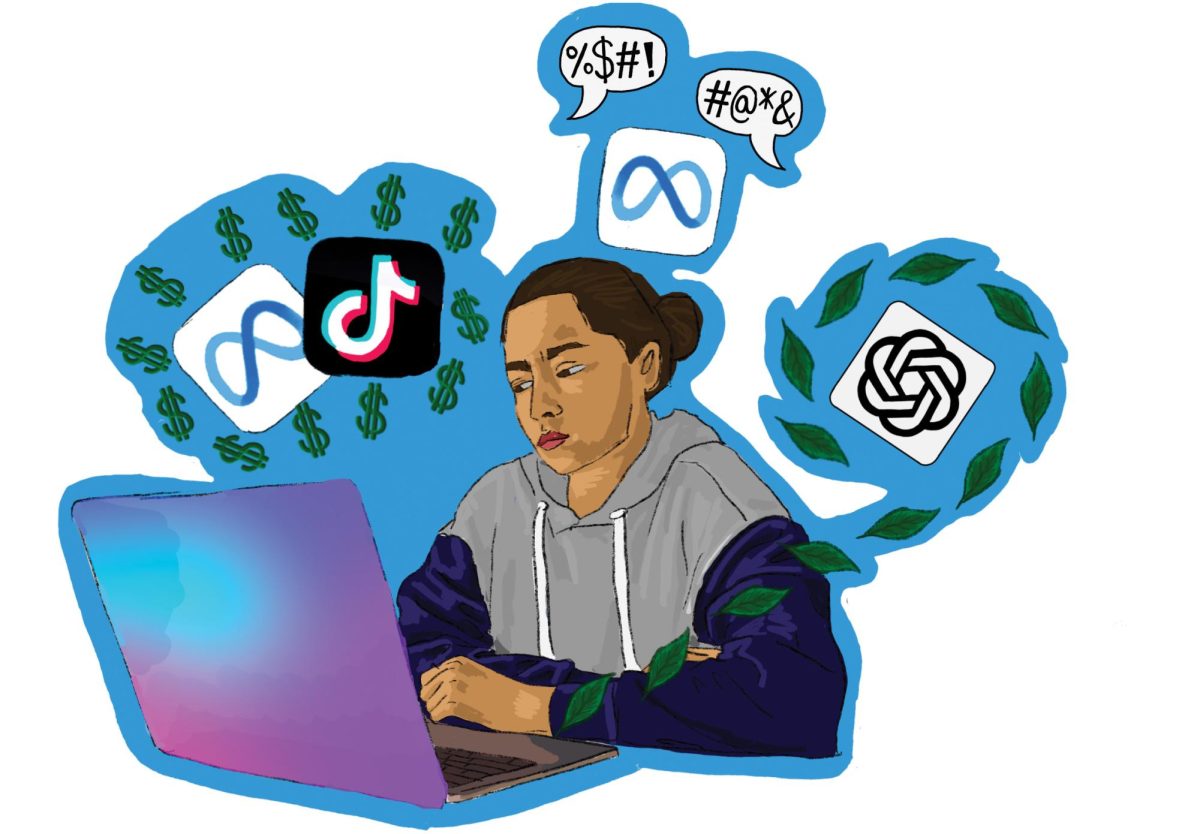New Khalid album falls short of expectations
Still, ‘Free Spirit’ debuts as Khalid’s first No. 1 Album

April 25, 2019
Though Khalid’s new album “Free Spirit,” released April 5, was well anticipated by his fans — from raving teenage girls from Chicago’s Lollapalooza in 2018 to fans drawn to his juvenile attitude –– it is only from Khalid’s 2017 album “American Teen” that America’s youth should draw inspiration.
The 21-year-old R&B/soul singer spent his unforgettable “American Teen” album reminiscing about his teenage years. In “8TEEN,” the seventh track in that album, he touches on the joys of being 18 years old, the comfort of irresponsibility, the old loves, smoking weed, concern for strict parents and having fun with friends.
This youthful bliss did not last, for Khalid’s “Twenty One,” the 12th track on his new album, only mentions the negative aspects of growing older, such as often being “wasted on alcohol,” “in pain,” or having anxiety. The slower, down-beat song contrasts with the rest of the album, dominated by hopeless, stencil-cut love songs, preventing Khalid from sounding original and genuine. The bliss that Khalid had in “American Teen” helped his content and his messages come through, which clearly ended when he outgrew his teenage years.
In “Talk,” a hit according to Apple Music, Khalid struggles with a relationship that is moving too quickly for him to process, let alone talk through with his partner. Even in a romance with someone Khalid clearly cares for, he finds something to complain and whine about for 3 minutes and 17 seconds.
Similar to “Talk,” “Heaven” is about a relationship that Khalid hopes to maintain even in the face of turmoil. The hook makes the song sound like the pinnacle of a movie-you-regret-seeing’s soundtrack, taking away from the mentioned relationship. By over-dramatizing his love life, Khalid only weakens his message.
In “Outta My Head,” Khalid deals with not being able to get a love interest out of his head. No matter where he is, they are always in his thoughts and a part of him. Even partnering with John Mayer, a singer-songwriter who has managed to maintain his success, did not help Khalid gain the emotional maturity he needs to describe his feelings for his significant other. Ineffective, redundant and argumentatively lacking, Khalid spends the majority of the song using the phrase “Ooh-woah, ooh-woah” to emphasize his love and devotion for them.
Khalid became popular because of his impish attitude which he developed as a teenager and was much better suited for his less mature content. As his music addresses more mature topics such as communication, responsibility and blame, he must take on a new attitude, but in “Free Spirit,” he failed to do so. With his original tone and style, Khalid cannot appropriately discuss such sensible topics and still be taken seriously.
Mentioning how he’s been “making changes” and “working on [his] health,” Khalid talks about his problems with himself in “Self.” Asking for help, “self-reflection,” getting used to not always winning are all topics that he brings up throughout the song. The music behind his mumbled message matches the repetition of his lyrics — one monotone glissando after another, one habit of his that he grapples with after another. His attempt to look inward and reflect stands out from the rest of the album, and it may provide the explanation he is looking for when deciphering his relationship issues.
When the album was released, a short film, “Free Spirit,” directed by Emil Nava and written alongside Khalid, came out. The film tells the story of Ladybug, a highschool student living in a troubled household, who chooses to run away with her friends and move to the city. Throughout the film, a selection of Khalid’s new songs are featured to go along with the plot line including “Paradise,” “Alive,” “Free Spirit” and “Heaven.” The overall message from the film promoted what Ladybug and her friends, one being Khalid, thought of “pure happiness” and what it meant to “have a free spirit.” Though the themes of the film were in keeping with the songs in the album, Nava failed to legitimize Khalid’s message in the short film by adding undesirable special effects, shallow characters and a plot line that was not suited for his artistic approach.





























































